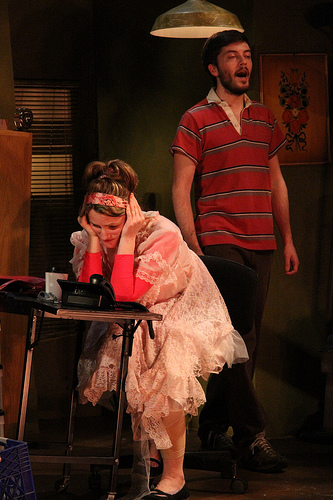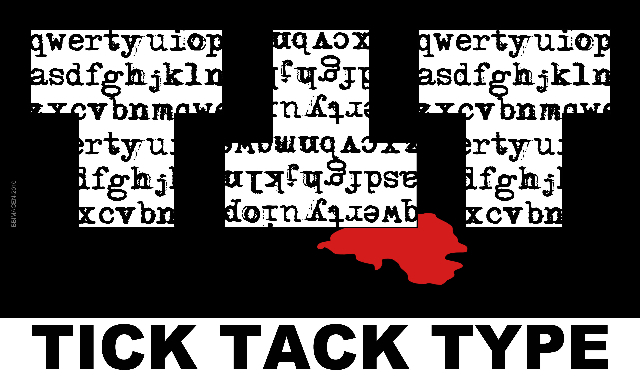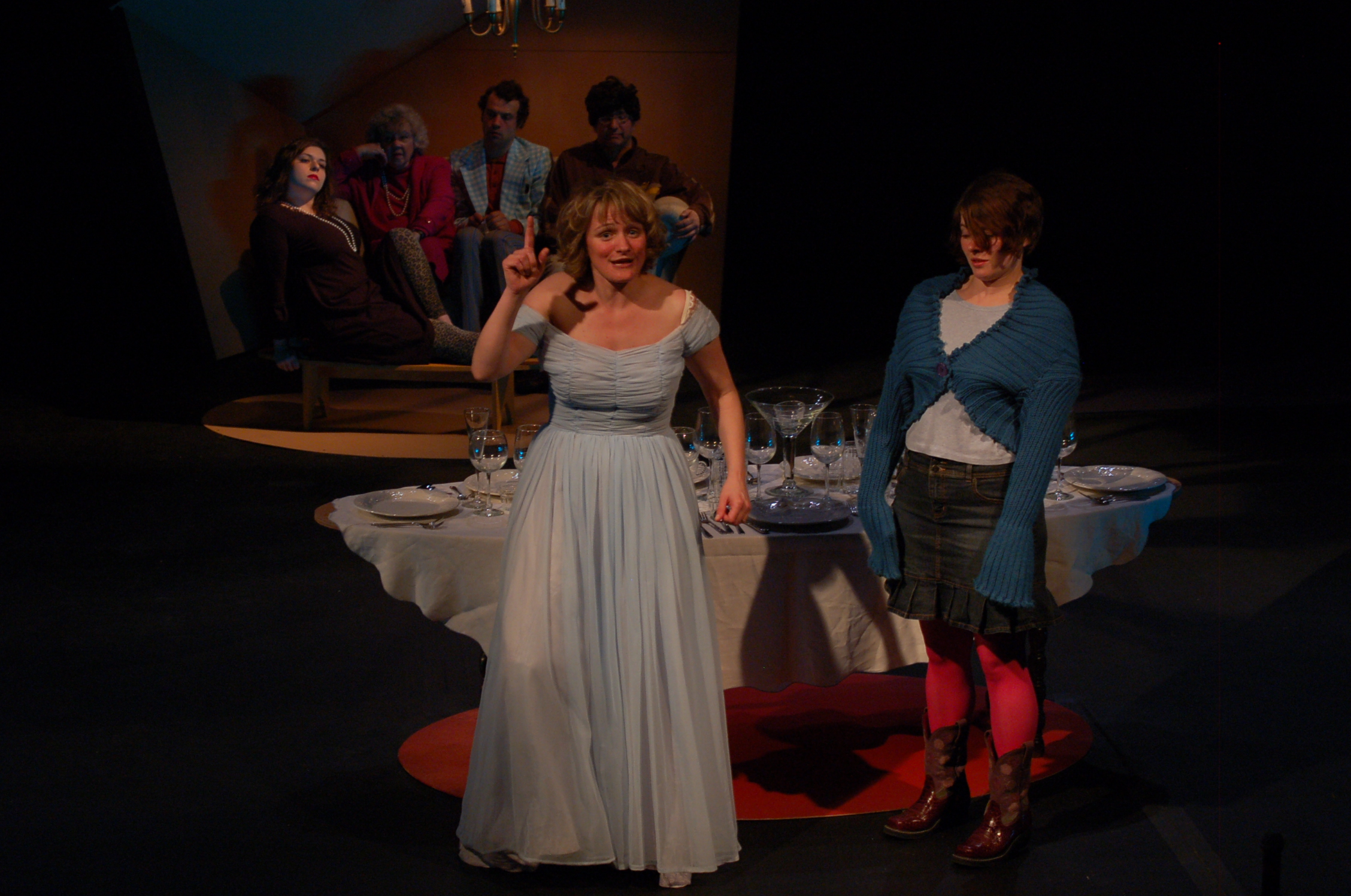It’s not just rock around the clock in Puddletown: It’s dance around the calendar. Autumn, winter, spring and even summer, you just can’t keep this town’s dancing feet down. Art Scatter senior correspondent Martha Ullman West has done her best to keep up with the action, and reports here on some of what’s been kickin’ in town lately.
*
By Martha Ullman West
Portland is having a dance boom, even though those who swim in Terpsichore’s wake are having a hell of a time staying afloat.
 Used to be things were winding down by the time you reached the summer solstice, and there definitely was a time when addicts like me found it impossible to get any kind of movement fix once the Rose Festival was over. Not this year — I actually had to make choices, not having managed the art of being in two or three places at once. So to several emerging choreographers as well as some much more established ones, I apologize for not making it to their performances and herewith offer some thoughts on those I did see.
Used to be things were winding down by the time you reached the summer solstice, and there definitely was a time when addicts like me found it impossible to get any kind of movement fix once the Rose Festival was over. Not this year — I actually had to make choices, not having managed the art of being in two or three places at once. So to several emerging choreographers as well as some much more established ones, I apologize for not making it to their performances and herewith offer some thoughts on those I did see.
I’ll start with Carol Triffle’s new musical Backs Like That, which I saw on June 18th. It’s the latest in her series of quirky commentaries on what Balzac called the human comedy, with more than a little irony implied, and as usual with an Imago piece, it is greatly involved with movement.



